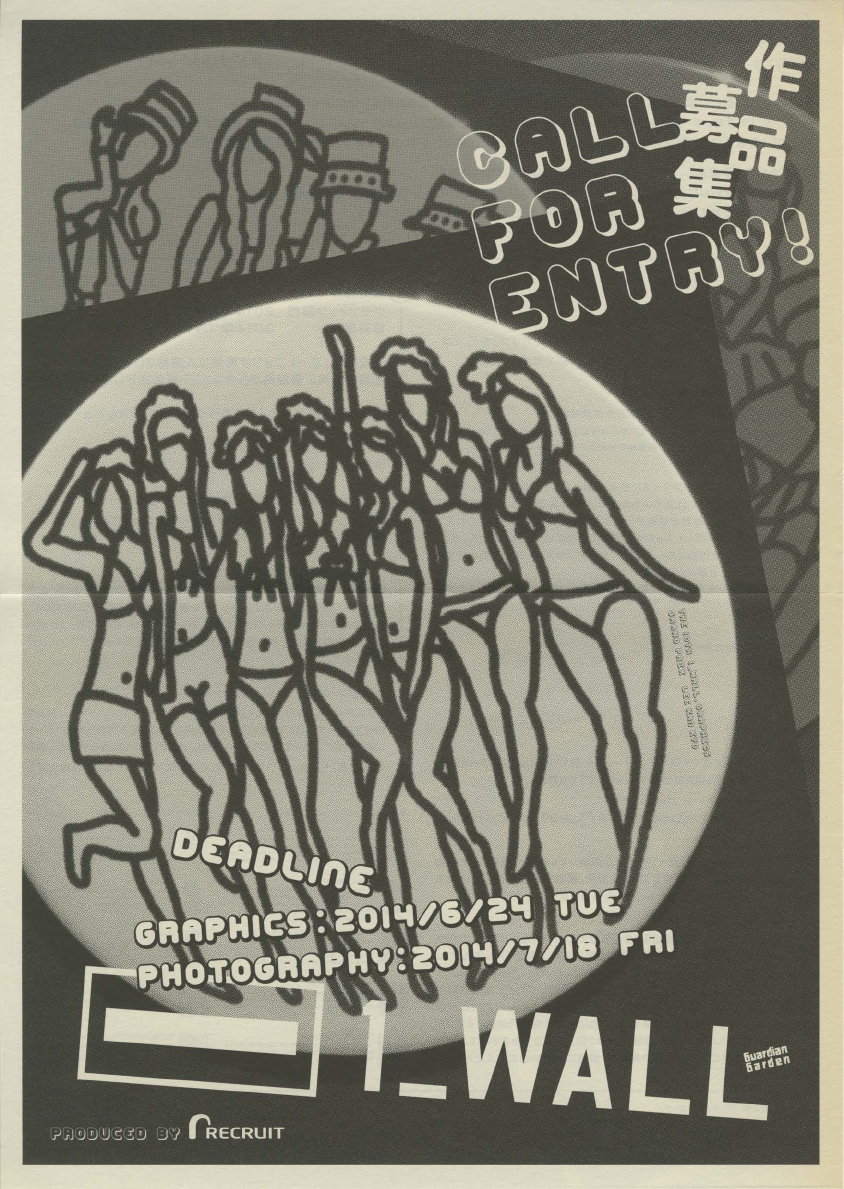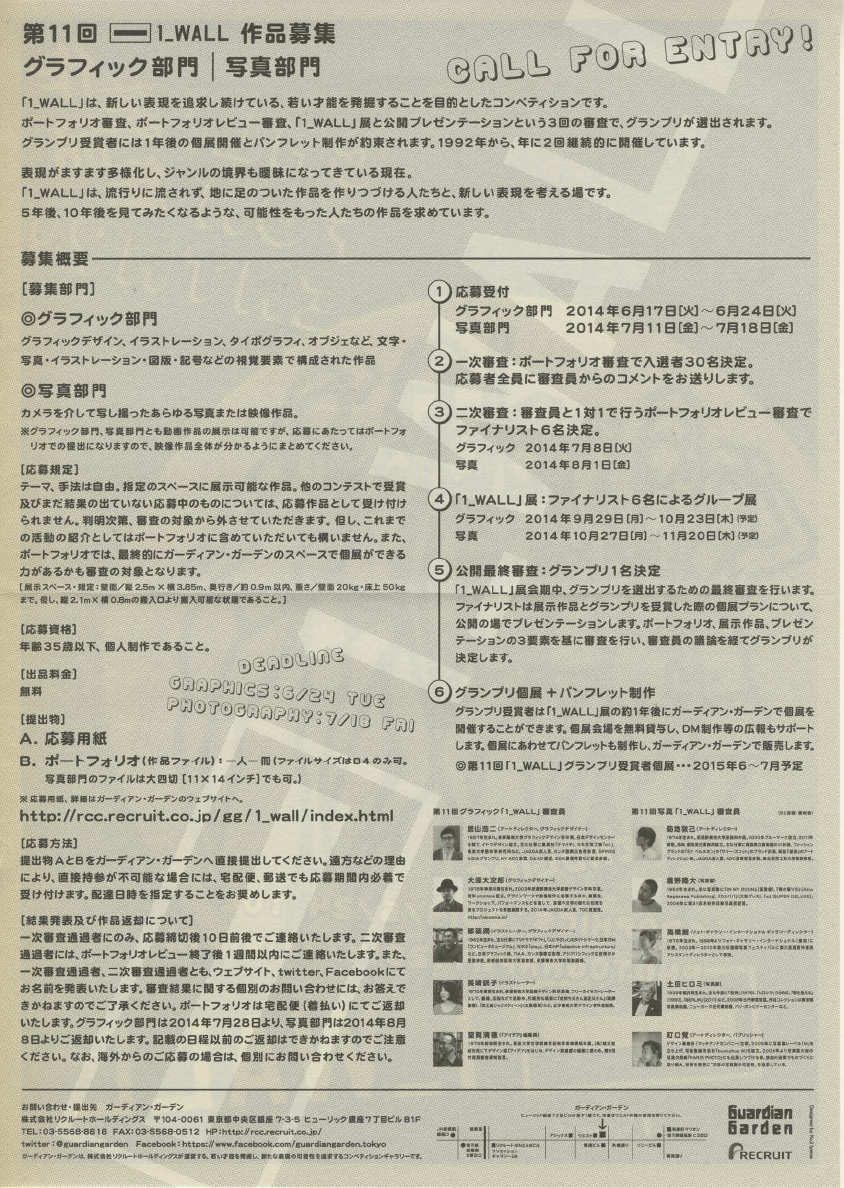- TOP
- COMPETITION
- 1_WALL
- 11st “1_WALL” Graphics
- “1_WALL” Archive
-
- 25th “1_WALL” Graphics
- 25th “1_WALL” Photography
- 24th “1_WALL” Graphics
- 24th “1_WALL” Photography
- 23rd “1_WALL” Graphics
- 23rd “1_WALL” Photography
- 22nd “1_WALL” Graphics
- 22nd “1_WALL” Photography
- 21st “1_WALL” Graphics
- 21st “1_WALL” Photography
- 20th “1_WALL” Graphics
- 20th “1_WALL” Photography
- 19th “1_WALL” Graphics
- 19th “1_WALL” Photography
- 18th “1_WALL” Graphics
- 18th “1_WALL” Photography
- 17th “1_WALL” Graphics
- 17th “1_WALL” Photography
- 16th “1_WALL” Graphics
- 16th “1_WALL” Photography
- 15th “1_WALL” Graphics
- 15th “1_WALL” Photography
- 14th “1_WALL” Graphics
- 14th “1_WALL” Photography
- 13th “1_WALL” Graphics
- 13th “1_WALL” Photography
- 12th “1_WALL” Graphics
- 12th “1_WALL” Photography
- 11st “1_WALL” Graphics
- 11st “1_WALL” Photography
- 10th “1_WALL” Graphics
- 10th “1_WALL” Photography
- 9th “1_WALL” Graphics
- 9th “1_WALL” Photography
- 8th “1_WALL” Graphics
- 8th “1_WALL” Photography
- 7th “1_WALL” Graphics
- 7th “1_WALL” Photography
- 6th “1_WALL” Graphics
- 6th “1_WALL” Photography
- 5th “1_WALL” Graphics
- 5th “1_WALL” Photography
- 4th “1_WALL” Graphics
- 4th “1_WALL” Photography
- 3rd “1_WALL” Graphics
- 3rd “1_WALL” Photography
- 2nd “1_WALL” Graphics
- 2nd “1_WALL” Photography
- 1st “1_WALL” Graphics
- 1st “1_WALL” Photography
11st “1_WALL” Graphics
Today, modes of artistic expression are becoming increasingly diversified, and together with artists who wholeheartedly seek to express themselves in new ways, Guardian Garden aspires to be a venue for considering new expressive modes. This aspiration derives from our hope that artists will overcome any hurdles in their way by offering them a gallery wall where they can express themselves freely, through their works.
Exhibition Data
Judging Results
Final Round of Judging
Grand Prize
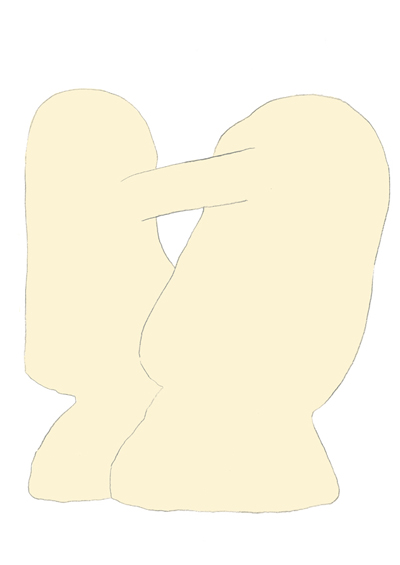
"Take a deep breath, and then let’s talk"
is “something,” not words,
that inhales, exhales, floats.
Unseen by anyone, grow huge like cumulonimbus clouds
Final Round of Judging

The third and final round of judging is conducted open to public viewing. The six finalists give presentations of their works on display and their plans for their solo exhibition if they win the Grand Prize. The judges discuss the merits of each finalist’s portfolio, works shown, and presentation, and together decide the winner of the Grand Prize.
“1_WALL” Exhibition

A group exhibition is held spotlighting the six finalists to emerge from the second round of judging. Each finalist is allocated a gallery wall (approx. 3.85m wide and 2.5m high) to display their works. Besides the works themselves, the judges also take into consideration how the finalists use their overall display space and how they show their works.
Success in the Second Round of Judging
Finalists
-
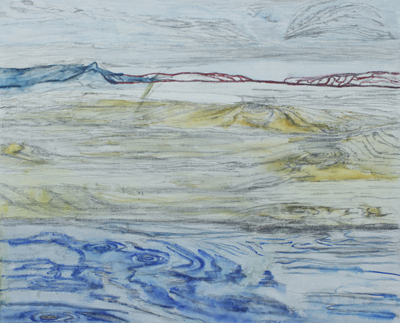
"such-and-such prize"
Tomomi Yamakawa
Born in 1993
Currently a third-year student in the Department of Information Design at Kyoto University of Art & Design.
-
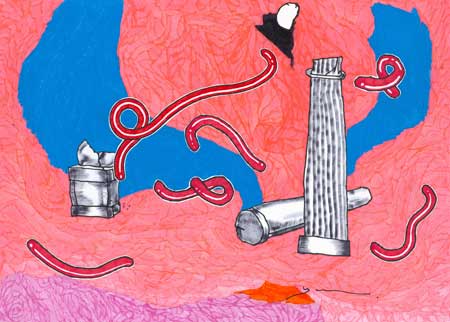
"grab all of me"
Yuma Kawano
Born in 1987
Graduated from Kyoto University of Art and Design, Department of Information Design, Photography Course.
-
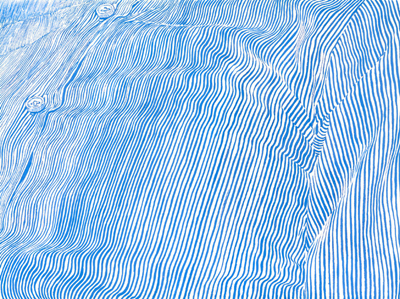
"stripe"
Masatoshi Tabuchi
Born in 1983
Graduated from Graphic Design at Tama Art University.
-
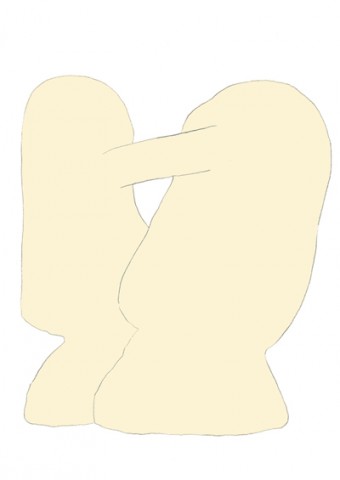
"Take a deep breath, and then let’s talk"
Akane Nakajima
Born in 1992
Currently a fourth-year student at Musashino Art University, College of Art and Design, majoring in Visual Communication Design.
-
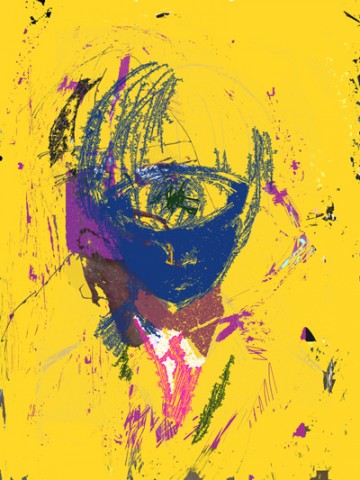
"portrait"
Midori Sushi
Born in 1987
Graduated from Tokyo University of the Arts, Faculty of Fine Arts, Japanese Painting Course.
-
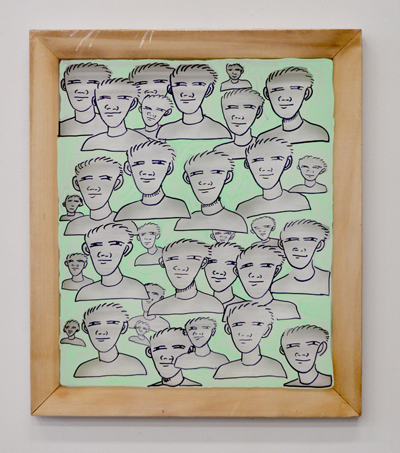
"satisfied man"
Naho Taoka
Born in 1993
Currently a third-year student at Musashino Art University majoring in Oil Painting.
Judges’ Encouragement Prizes
-
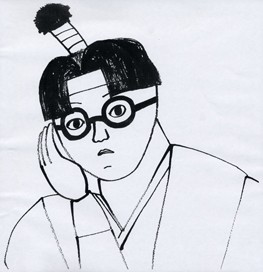
Maruko Kikuchi
Selected by Koji Iyama
-
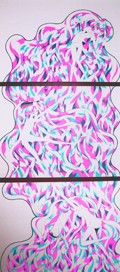
Karen Osawa
Selected by Daijiro Ohara
-
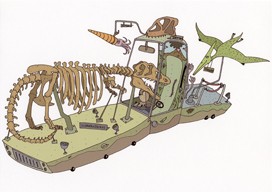
Shion Tokita
Selected by Jun Tsuzuki
-
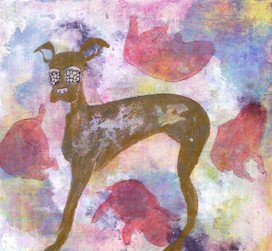
Shion Tokita
Selected by Kuniko Nagasaki
-
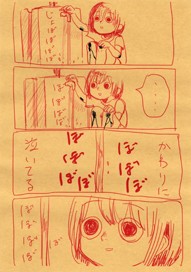
Wâi
Selected by Kiyonori Muroga
Second Round of Judging

A portfolio review is held one-on-one between each entrant and a judge. Here, the entrants are given the opportunity to directly explain the motives behind their works or their production process. After all portfolio reviews are completed, the judges assemble to discuss their assessments and select the six finalists.
Success in First Round of Judging
Entrants Who Successfully Passed the First Round of Judging
- Yohei Sugiyama
- Yusuke Yamamoto
- Yuma Kawano
- Karen Osawa
- Akira Hasegawa
- KoooooSU“K”
- Wâi
- Masatoshi Tabuchi
- Maruko Kikuchi
- Akane Nakajima
- Midori Sushi
- Mari Takayama
- Chihiro Honda
- Euske Oiwa
- Mao Nagai
- Satomi Hagiwara
- Moeko Yoshihara
- Yuichi Sudo
- Yuka Amemiya
- NT5
- Nodoka Yamamura
- Inori Kito
- Iichiro Kurosaki
- Misato Arai
- Tomomi Yamakawa
- Atsuko Morita
- Erika Suzuki
- Naho Taoka
- Hiroka Chiba
- Shion Tokita
Portfolio Judging

Judging is performed based on entrants’ work files and data. The judges, all prominent in their respective fields – design, illustration, photography, etc. – plus members of the secretariat, render their judgments from various perspectives. Thirty entrants are selected to continue on to the second round of judging.
Judges
-
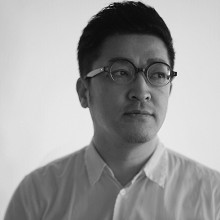
Koji Iyama
(Art director, Graphic designer)
Art director and graphic designer born in 1967. Graduated from Tama Art University with a concentration in Graphic Design. After working at Nippon Design Center, he established Iyama Design. His major clients include Shueisha Inc. (“Natsu Ichi”), Kamoi Kakoshi Co., Ltd. (“mt”) and The Institute of Medical Science of The University of Tokyo. Among the many awards he has won to date are the JAGDA New Designer Award, Cannes Lions International Festival of Creativity Gold Lion, SPIKES ASIA Grand Prix, New York ADC Gold Award, CLIO Gold Award and Japan Sign Design Association (SDA) Award First Prize.
-
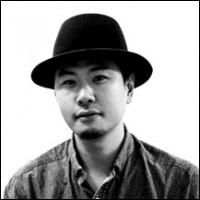
Daijiro Ohara
(Graphic designer)
Graphic designer born in Kanagawa Prefecture in 1978. In 2003, upon graduating from Musashino Art University with a concentration in Basic Design, he established omomma. In addition to undertaking design work and video production, through exhibitions, workshops, performance, etc. he undertakes numerous projects probing new perceptions in language and the written word. In 2014 he won a JAGDA New Designer Award and Tokyo TDC Award. http://omomma.in/ (Japanese only)
-
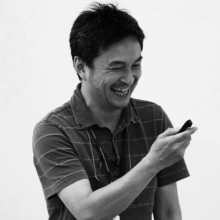
Jun Tsuzuki
(Illustrator)
Illustrator born in Tokyo in 1962. A graduate of Musashino Art University, between the 1980s and into the new millennium he garnered numerous awards in graphics competitions and for his contributions to advertising. In 2010 he mounted the exhibition “New Eidos,” followed in 2013 by “Jun Tsuzuki x Hideki Nakazawa.” In 2015 he held a lecture on “After New Eidos / An Investigation of 1980-2000.” He supervised and contributed to “Nihon Irasutore-shonshi” [A History of Japanese Illustration]. He also supervises and appears on NHK’s “Art 1” program for high school students.jti.ne.jp
-
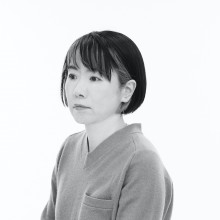
Kuniko Nagasaki
(Illustrator)
Illustrator born in Tokyo in 1970. After graduating from Tama Art University, where she majored in Textile Design, she became active in diverse areas including: as an illustrator, providing cover art and illustrations for books; writing essays relating to the cinema; and creating manga. She also serves as Associate Professor in the Visual Design program of Joshibi University of Art and Design.
-
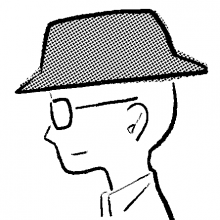
Kiyonori Muroga
(Editor)
Kiyonori Muroga was born in Nagaoka, Niigata Prefecture, in 1975. Since 1999 he has performed editorial work mainly in planning related to graphic design, typography and visual culture. He also is engaged, internationally, in critique, lecturing and exhibition planning concerning those genres. Mr. Muroga formerly served as editor-in-chief of “IDEA” magazine. In recent years, he has been in charge of books such as The Next Form of Lettering Designs in Japan and Noritake’s WORKS. He is editor-in-chief of JAGDA’s “The Graphic Design Review” website.
- “1_WALL” Archive
-
- 25th “1_WALL” Graphics
- 25th “1_WALL” Photography
- 24th “1_WALL” Graphics
- 24th “1_WALL” Photography
- 23rd “1_WALL” Graphics
- 23rd “1_WALL” Photography
- 22nd “1_WALL” Graphics
- 22nd “1_WALL” Photography
- 21st “1_WALL” Graphics
- 21st “1_WALL” Photography
- 20th “1_WALL” Graphics
- 20th “1_WALL” Photography
- 19th “1_WALL” Graphics
- 19th “1_WALL” Photography
- 18th “1_WALL” Graphics
- 18th “1_WALL” Photography
- 17th “1_WALL” Graphics
- 17th “1_WALL” Photography
- 16th “1_WALL” Graphics
- 16th “1_WALL” Photography
- 15th “1_WALL” Graphics
- 15th “1_WALL” Photography
- 14th “1_WALL” Graphics
- 14th “1_WALL” Photography
- 13th “1_WALL” Graphics
- 13th “1_WALL” Photography
- 12th “1_WALL” Graphics
- 12th “1_WALL” Photography
- 11st “1_WALL” Graphics
- 11st “1_WALL” Photography
- 10th “1_WALL” Graphics
- 10th “1_WALL” Photography
- 9th “1_WALL” Graphics
- 9th “1_WALL” Photography
- 8th “1_WALL” Graphics
- 8th “1_WALL” Photography
- 7th “1_WALL” Graphics
- 7th “1_WALL” Photography
- 6th “1_WALL” Graphics
- 6th “1_WALL” Photography
- 5th “1_WALL” Graphics
- 5th “1_WALL” Photography
- 4th “1_WALL” Graphics
- 4th “1_WALL” Photography
- 3rd “1_WALL” Graphics
- 3rd “1_WALL” Photography
- 2nd “1_WALL” Graphics
- 2nd “1_WALL” Photography
- 1st “1_WALL” Graphics
- 1st “1_WALL” Photography



